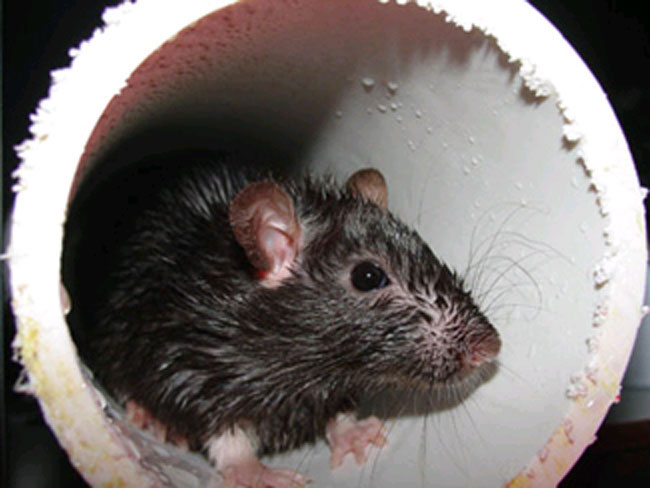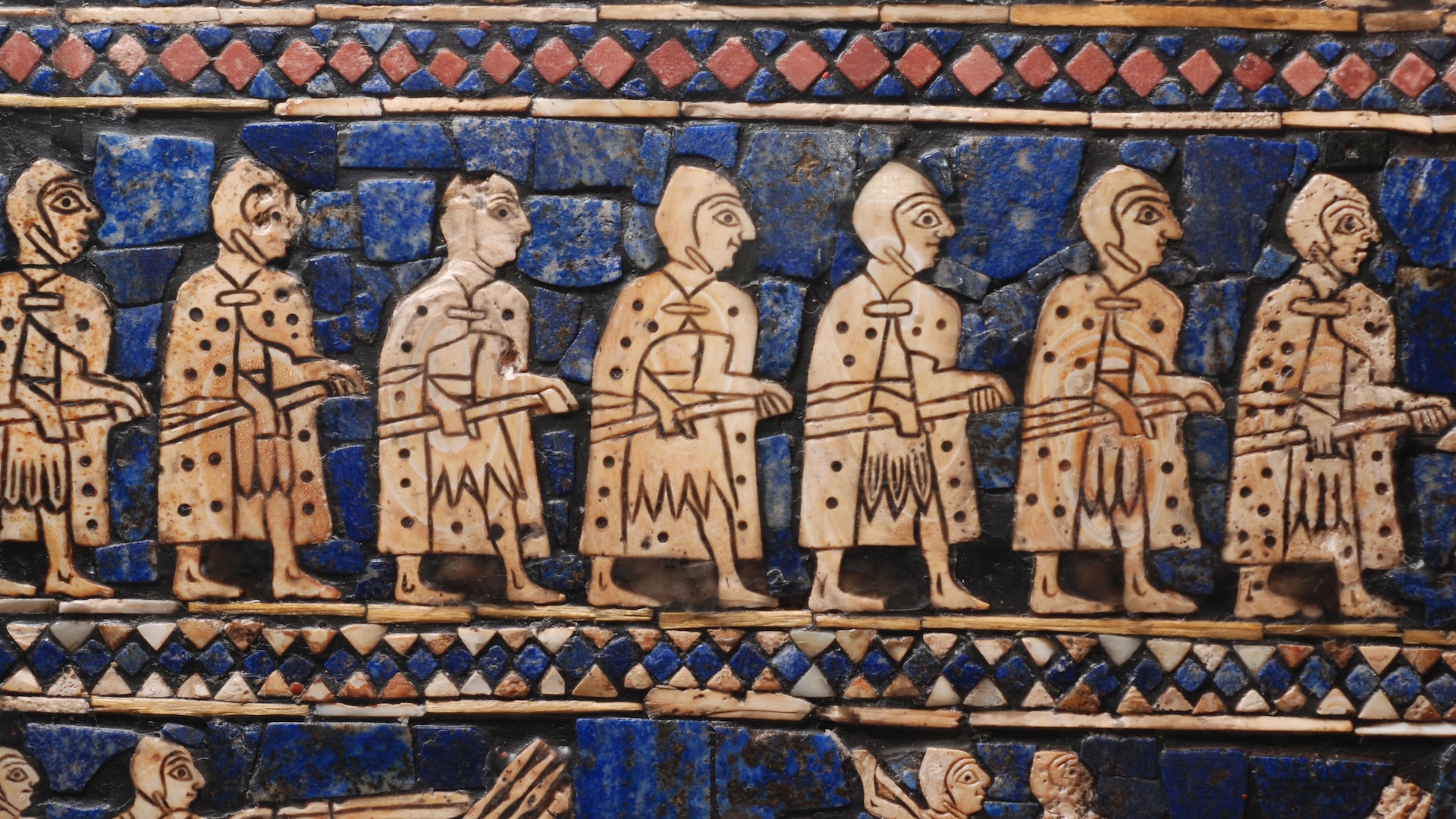Mental Exercises Make Old Rat Brains Look Young Again

Cognitive decline is often seen as an inevitable part of aging. A new study on rats suggests this isn't so — and that basic cognitive training can not only prevent, but reverse the ravages of age on the brain.
The study found that a month of noise discrimination training significantly altered both the function and structure of the sound-processing regions of rat brains. The researchers hope the findings can be used to improve cognitive training for humans.
"Age-related impairments may actually be a consequence of how we lived our lives, how we used our brains," said Etienne de Villers-Sidani, a postdoctoral researcher at UC San Francisco and one of the authors of the study. "There's hope to improve our ability to function even as we get older."
While cognitive engagement is associated with a sharper mind in old age, researchers aren't sure if that engagement sharpens the brain or if sharper brains just happen to seek out more challenges. Studies of cognitive training programs in humans have returned mixed results. People may get good at the task they're training on, but the improvements don't always translate to other domains.
Rat music lessons
To test the training in rats, the researchers played a series of six tones for both young and old animals. All the notes were identical except one; when a rat picked out the oddball note, it got a food pellet. At first, the odd note was a half-octave apart from the rest of the tones, but by the end of the month-long training, the rats could distinguish tones off by just one-fiftieth of an octave.
This task was chosen because difficulty hearing conversations is one of the main complaints of older people, de Villers-Sidani said. Even with fine hearing, older people often have trouble picking voices out of background noise because age tends to weaken neurons in the brain that are tasked with suppressing extraneous information. Individual neurons also become less selective to particular sounds, which means that important noises don't "pop" like they do in youth.
Get the world’s most fascinating discoveries delivered straight to your inbox.
Unsurprisingly, all of the rats that got the training improved at picking out the odd note. But the changes went further than that. Older trained rats showed a 20-percent increase in the number of inhibitory neurons — the ones that suppress extraneous information — in the auditory area of their brains. The boost gave them almost as many inhibitory neurons as young rats.
The training also improved the quality of myelin in the rats' brains. Myelin is a fatty substance that lines the nerves, facilitating swift communication between brain cells.
The changes seen involved "hundreds of molecular elements," de Villers-Sidani said, suggesting that a little exercise can have far-reaching effects.
"In the auditory cortex, if you train it, you can revitalize this whole area," he said. "We don't know exactly how this happens, but it seems that the brain can not only improve its performance, but on a structural level, at the level of neurons, it can really look younger."
Brain games
Rat brains aren't human brains, but the researchers are "very optimistic" that the results will translate, de Villers-Sidani said. It may be that current brain-training programs focus too heavily on higher-level tasks, like math and word games, he said. Perhaps basic challenges like picking out an odd tone are better at engaging the underlying machinery that powers the brain.
The team is now designing a training program to test in people. One of the biggest challenges of going back to basics, de Villers-Sidani said, is finding activities to keep big human brains busy.
"It's easier to make a rat interested in training by giving it a reward of food," he said. "For humans, we'll have to devise a training strategy that is engaging, interesting and motivating."
The study was detailed online July 19 in the Proceedings of the National Academy of Sciences.
7 Ways the Mind and Body Change With Age
10 Ways to Keep Your Mind Sharp

Stephanie Pappas is a contributing writer for Live Science, covering topics ranging from geoscience to archaeology to the human brain and behavior. She was previously a senior writer for Live Science but is now a freelancer based in Denver, Colorado, and regularly contributes to Scientific American and The Monitor, the monthly magazine of the American Psychological Association. Stephanie received a bachelor's degree in psychology from the University of South Carolina and a graduate certificate in science communication from the University of California, Santa Cruz.
